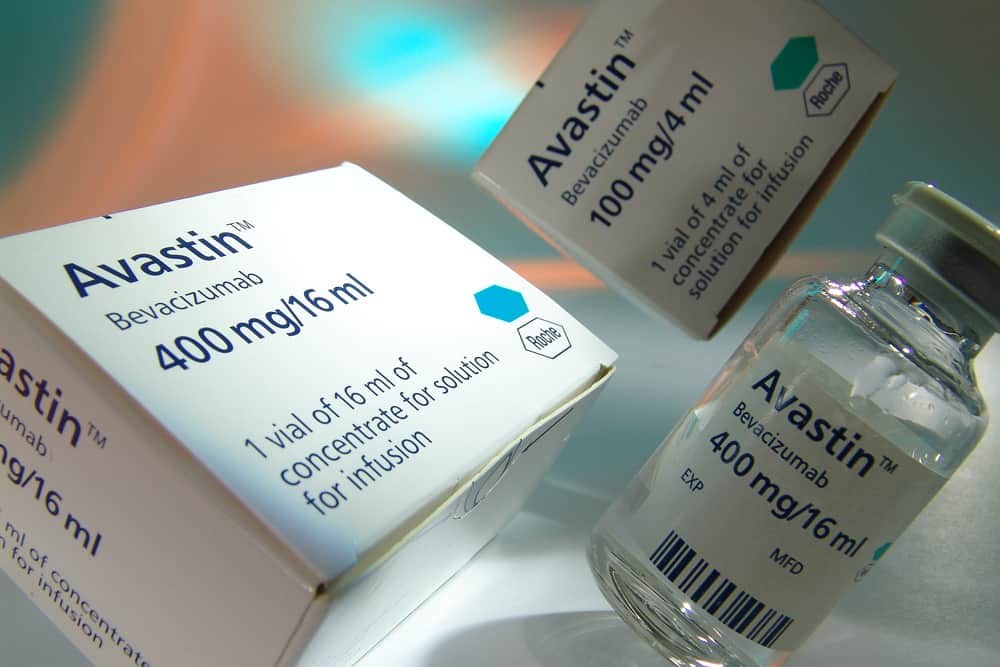
NICE yes for Votrient, no to Avastin
pharmafile | February 23, 2011 | News story | Sales and Marketing | Cancer, GSK, GlaxoSmithKline, Kidney cancer, NICE, Roche, avastin, bevacizumab, breast cancer
NICE has recommended GlaxoSmithKline’s kidney cancer drug Votrient on the same day it gave a final negative decision to Roche’s Avastin in breast cancer.
GSK’s Votrient (pazopanib) is recommended as a first line treatment for patients with advanced renal cell carcinoma who have not received prior cytokine therapy and have an Eastern Cooperative Oncology Group performance status of 0 or 1.
NICE was swayed by a patient access scheme that will see GSK provide the drug at a 12.5% discount on the list price.
In addition to this, GSK could also provide a future rebate linked to the outcome of the COMPARZ phase III head-to-head trial.
This study is comparing Votrient against Pfizer’s RCC drug Sutent (sunitinib), a drug NICE approved in 2009.
NICE director Dr Carole Longson said: “Pazopanib will offer patients an additional option to sunitinib, which is also recommended by NICE.
“Although a direct comparison of pazopanib and sunitinib is not yet available, a trial comparing the two drugs is currently underway and the current patient access scheme proposed by the manufacturer makes pazopanib a cost-effective option for the NHS.”
Further details will be available when the COMPARZ trial data are published later this year.
Simon Jose, general manager of GSK UK, welcomed NICE’s decision. “Advanced kidney cancer is a devastating disease and we are pleased that through this pricing scheme we are able to offer patients rapid access to Votrient whilst delivering value for money to the NHS,” he said.
NICE refuses to recommend Avastin
Meanwhile, NICE has decided not to recommend Roche’s blockbuster cancer drug Avastin (bevacizumab) for breast cancer.
In its final guidance NICE was assessing Avastin, in combination with chemotherapy, as a first line treatment for metastatic breast cancer.
NICE chief executive Sir Andrew Dillon said: “The evidence for the effectiveness of bevacizumab in prolonging survival was not robust and overall did not show enough of a demonstrable benefit for it to be considered a cost-effective use of NHS resources.”
Dillon added that NICE already recommends a range of treatment options for patients with metastatic breast cancer, including the chemotherapy agents capecitabine, vinorelbine and taxane.
NICE said clinical trial data suggested that in metastatic breast cancer patients, Avastin, in conjunction with paclitaxel, may slow the growth and spread of the cancer by around five months more than paclitaxel alone.
However, due to uncertainties in the evidence, NICE said it was unable to conclude whether the drug could extend a patient’s life, or for how long.
There was also no evidence to show if the drug could offer a better quality of life than existing treatments, NICE said.
This continues the bad news for Avastin’s license in breast cancer after the EMA recently recommended restricting the treatment’s UK marketing authorisation.
This means that doctors can only prescribe the drug in combination with paclitaxel, where the EMA said that drug still had some clinical benefit over paclitaxel alone.
The FDA went a step further and voted in December last year to completely rescind Avastin’s licence in the US because of concerns over efficacy and relative safety risk.
Ben Adams
Related Content

Digital mental health technologies – a valuable tool in supporting people with depression and anxiety
The potential benefits of digital mental health technology for managing depression, anxiety and stress, together …

Bio-Sourcing and Zerion Pharma receive 1.3m euros in funding for joint breast cancer project
Bio-Sourcing and Zerion Pharma have announced that their collaboration to develop an oral form of …

Biocartis announces breast cancer research collaboration with US Mayo Clinic
Biocartis has announced a research collaboration with Mayo Clinic in the US, aiming to develop …






